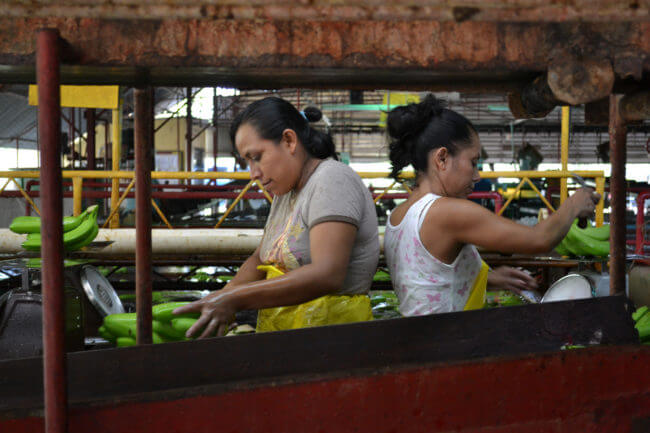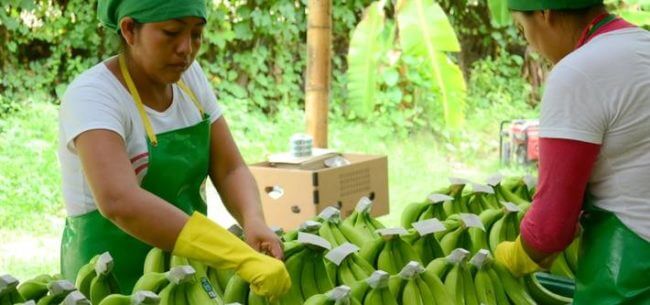Good Practices
In The Banana Industry
Home » Good Practices In The Banana Industry
Environmental Practices
Environmental practices in the banana industry are designed to ensure sustainability and to mitigate effects on surrounding ecosystems. Each stage of the banana production cycle has an environmental impact with the potential to be reduced.
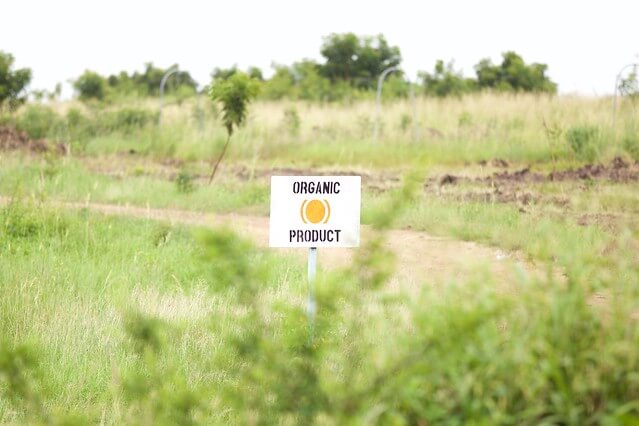
Standards & Certifications
The banana industry uses both private and public standards and certifications throughout its value chain. They can be used as ways of formalising and measuring improvements to industry practices. Several certifications are well known and of interest to consumers. Public standards are mandatory. They correspond to international, regional or national regulations in place in importing countries, mostly to protect consumers’ health.
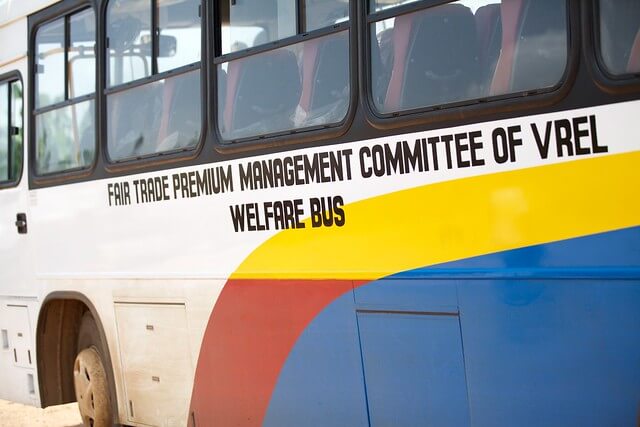
Occupational Health & Safety
Occupational health and safety (OHS) forms a fundamental component of labour right for workers. This is particularly the case in the banana sector, as banana production entails intensive use of agrochemicals that can have significant impacts on the health and safety of workers and their surrounding communities. A focus on improvements with respect to occupational health and safety can thus provide stronger guidelines and regulations for the protection of workers and foster decent working conditions.
- Banana Occupational Health and Safety Initiative
- Cameroon Manual on Occupational Health and Safety – Part 1 for Trainers (English)
- Cameroon Manual on Occupational Health and Safety – Part 2 for Workers (English)
- Ecuadorian Manual on Occupational Health and Safety – Part 1 for Trainers (Spanish only)
- Ecuadorian Manual on Occupational Health and Safety – Part 2 for Workers (Spanish only)
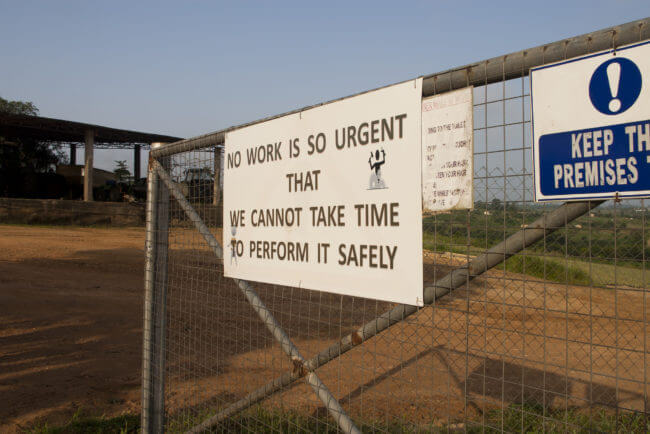
Social Practices
Social practices in the banana industry pertain to those that affect individuals and communities, aiming to create better lives for banana industry workers, particularly at lower levels.
